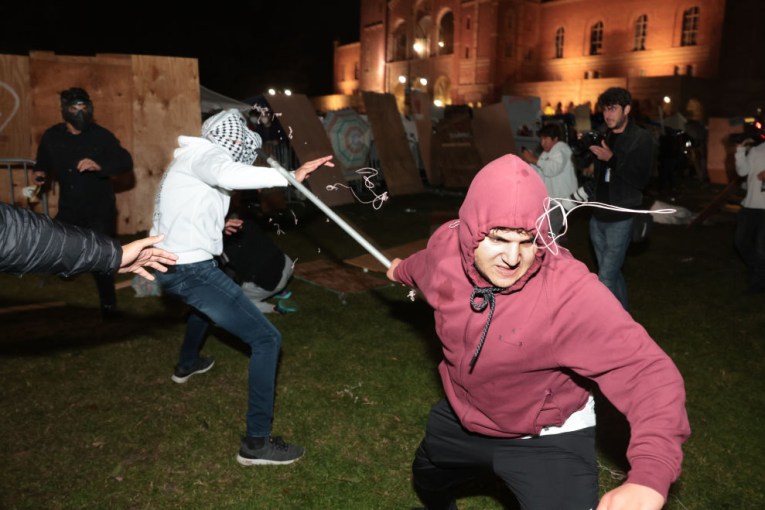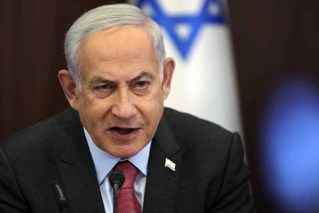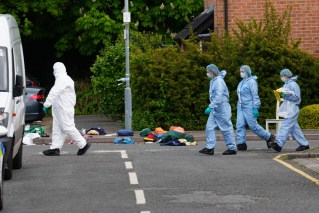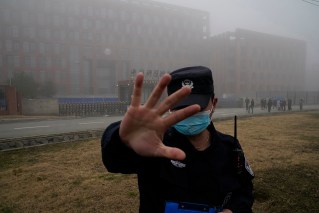US readies Iraq diplomacy
Washington has readied a new diplomatic push to unite Iraq’s fractious leaders and repel a Sunni insurgent offensive that has put Prime Minister Nuri al-Maliki under growing pressure domestically and overseas.
US President Barack Obama has offered hundreds of military advisers but his refusal so far to approve air strikes against militants, led by the jihadist Islamic State of Iraq and the Levant, has prompted Baghdad’s powerful Shi’ite neighbour Iran to charge that Washington lacked the “will” to fight terror.
The swift militant onslaught, which has been carried out by ISIL as well as a litany of other groups including loyalists of now-executed dictator Saddam Hussein, has overrun swathes of territory north of Baghdad, displacing hundreds of thousands and threatening Iraq’s very existence.
International leaders and Iraq’s Shi’ite religious elite have called on the country to unite to face off the insurgent threat, with Secretary of State John Kerry this weekend heading to the Middle East and Europe in a push to stabilise the country.
While Kerry is also expected to travel to Iraq soon – on what would be his second visit since taking over as the top US diplomat in early 2013 – there is no clear timetable for when the trip will happen.
“We gave Iraq the chance to have an inclusive democracy. To work across sectarian lines, to provide a better future for their children,” Obama told CNN on Friday.
“Unfortunately what we’ve seen is a breakdown of trust.”
He added: “There’s no amount of American fire power that’s going to be able to hold the country together. And I made that very clear to Mr Maliki and all of the other leadership inside of Iraq.”
Obama, who based his political career on ending the costly eight-year US intervention in Iraq, has insisted Washington is not slipping back into the morass.
But he has offered as many as 300 military advisers and left open the possibility of “targeted and precise military action”.
Washington already has an aircraft carrier in the Gulf and is flying manned and unmanned surveillance flights over Iraq, while senior US officials say special forces being sent to advise Iraq could call in air strikes if necessary.
UN chief Ban Ki-moon also warned military strikes against the jihadists could prove counterproductive without any movement toward inclusive government.
The latest American offer of assistance fell short of Iraq’s request for air strikes and drew derision from Tehran, which has offered its cooperation despite decades of enmity but also, according to the US, sent a “small number” of operatives into its neighbour.
Within Iraq, the security forces continued to battle militants in multiple parts of the four provinces that have partially fallen into militant control, albeit with mixed results.
Thirty-four members of the security forces were killed in a town on the Iraq-Syria border on Friday, while 30 pro-government Shi’ite militiamen died in a firefight with insurgents northeast of the capital in Diyala province.
UN aid agencies said they were rushing supplies to Iraq to help more than one million people displaced by the latest violence and unrest earlier this year.
Around half of those fled after the northern city of Mosul fell to ISIL last week, and tens of thousands have hit the roads in the eastern province of Diyala, and Salaheddin, north of the capital.








